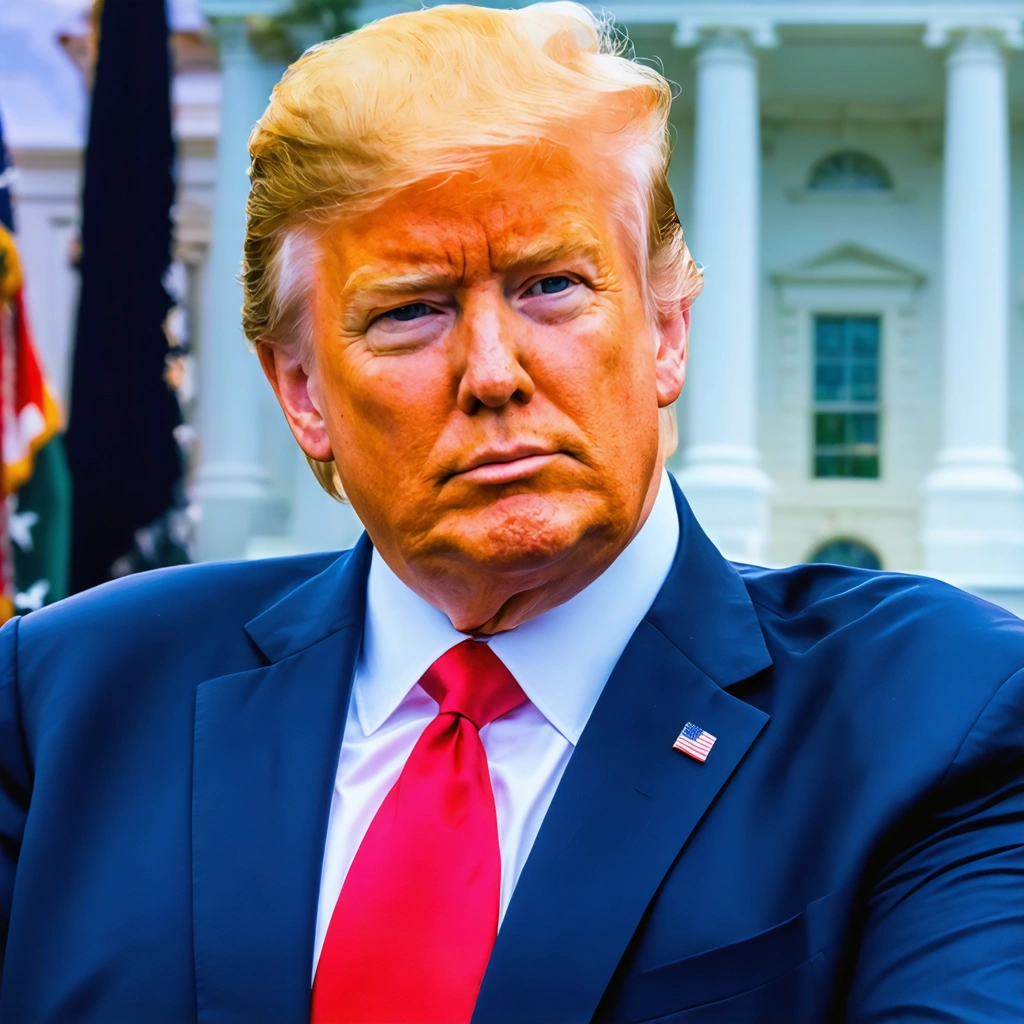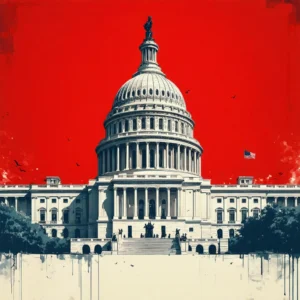
Background and Context
The recent decision by Donald Trump to withdraw an executive order targeting the law firm Paul, Weiss, Rifkind, Wharton & Garrison has captured the attention of the legal and political communities. This article examines the complex interplay of political strategy, legal negotiation, and industry reaction that underpins this unprecedented move. The executive order, initially designed to suspend Paul, Weiss’ federal security clearances, bar its lawyers from government buildings, and restrict government contractors associated with the firm, was widely perceived as a tool in an ongoing struggle over ideological alignment and business practices within the legal sector.
Political and Legal Climate
The order arrived at a time when the United States was witnessing a series of politically charged legal and administrative actions aimed at influencing the legal sector. Observers noted that:
- Political alignment was increasingly becoming a determinant in government relationships with law firms.
- There were growing debates about the role of diversity, equity, and inclusion (DEI) policies in legal hiring practices.
- Executive actions were seen as part of a broader push to ensure that government engagements were in line with current administrative policies.
In this charged environment, the executive order against Paul, Weiss was not just a legal instrument, but also a calculated political statement intended to signal that firms with certain reputational associations could face significant operational restrictions.
Key Developments Leading to Order Withdrawal
A series of negotiations and high-level discussions eventually led to the withdrawal of the executive order. Central to this resolution was a deal under which Paul, Weiss agreed to provide $40 million worth of pro bono legal services that would support the Trump administration’s priorities. The agreement was also intended to signal goodwill and foster an engaged relationship between the firm and the administration.
The underlying factors that contributed to this compromise included:
- Direct negotiation between President Trump and Paul, Weiss chair Brad Karp.
- Recognition of the firm’s influential role and expertise in the legal sphere.
- Subsequent adjustments in the firm’s policies, notably a pledge to represent a broad spectrum of political viewpoints and a move away from DEI-based hiring practices.
Participants on both sides viewed the withdrawal as a win–a chance to move forward with a businesslike and constructive interaction.
The Negotiated Compromise
At the heart of the deal was the $40 million commitment by Paul, Weiss to provide free legal services. These services are scheduled to support several key areas prioritized by the Trump administration, including veterans’ affairs, initiatives to combat antisemitism, and reforms within the justice system. The negotiation highlights several important dimensions:
Terms of the Agreement
The core terms of the deal were designed to balance political interests with legal professionalism. Some notable elements include:
- Provision of services: Paul, Weiss pledges to deliver a wide range of legal assistance valued at $40 million.
- Nonpartisan commitment: The firm committed to representing diverse political viewpoints, supporting the administration’s message of impartial justice.
- Policy adjustments: There was an understood agreement that the firm would scale back its reliance on DEI rhetoric in hiring and client selection policies.
These conditions not only secured the lifting of the executive order but also set a precedent for how politically significant legal decisions may be negotiated in the future.
Implications for the Legal Industry
This agreement carries significant implications for the legal sector. The incident reveals how governmental influence can extend into business practices, potentially reshaping how law firms position themselves. Some of the broader implications include:
- Market dynamics: Law firms may now factor political considerations more explicitly into their hiring and operational strategies.
- Policy review: Firms with robust DEI initiatives could face increased scrutiny or feel compelled to adapt their practices in response to executive pressures.
- Ethical debates: The intersection of legal ethics and political intervention has sparked debates on the role of partisan decision-making in adherence to professional obligations.
As the legal industry navigates these challenges, it is poised to undergo changes that might redefine the parameters of legal practice in politically sensitive contexts.
Industry Reactions and Broader Implications
The fallout from the executive order and its subsequent withdrawal has not been confined solely to Paul, Weiss. The broader legal community has expressed varied reactions to this bold use of executive power amid ongoing debates over hiring practices and political neutrality.
Reaction from the Legal Community
Reactions across the legal industry have been mixed. On one hand, some practitioners understand the necessity of a nonpartisan judiciary and legal sector, welcoming measures that promote fairness. On the other hand, many view the move as a form of political coercion:
- Several prominent legal bodies, including the Law Society of England and Wales, have condemned such acts as undermining the independence of legal professionals.
- Associates at numerous top law firms have united in open letters, denouncing the imposition of a “culture of fear” that punishes legal representation based on perceived political leanings.
- Critics caution that the precedent established may lead to further executive overreach, particularly in areas where public policy and legal integrity intersect.
This backlash is emblematic of the tensions between established legal practices and emerging political tactics.
Future Outlook for Law Firms
Looking forward, law firms are likely to reassess their internal policies and public messaging. The aftermath of the order against Paul, Weiss offers several lessons:
| Key Area | Potential Impact | Industry Response |
|---|---|---|
| Political Neutrality | Increased pressure to demonstrate nonpartisanship | Revised advertising and public relations strategies |
| DEI Policies | Review and possible modification of hiring practices | Debates within firms about maintaining diversity versus political alignment |
| Legal Service Commitment | Enhanced focus on pro bono work in politically significant areas | New legal service models and community engagement initiatives |
In preparation for potential future challenges, many firms are strategically planning to balance business objectives with the need to remain politically and ethically neutral. This recalibration might be viewed as an opportunity to reinforce professional standards while guarding against undue political influence.
Moreover, industry experts suggest that these changes could catalyze broader regulatory debates and legislative reviews aimed at delineating the boundaries of political influence in legal practices. In the wake of the compromise with Paul, Weiss, the ongoing tension between political objectives and legal integrity remains a critical and dynamic area of concern for professionals on both sides of the judicial system.
Conclusion
Donald Trump’s decision to drop the executive order against Paul, Weiss in exchange for a substantial commitment of legal services marks a turning point in the intersection of politics and law. This case not only underscores the power of negotiation in high-stakes legal disputes but also signals a potential shift in how legal firms structure their operational policies in a politically charged environment. As law firms continue to grapple with the implications of political actions and ethical responsibilities, the industry remains at a crossroads—balancing adherence to professional integrity with strategic adaptations to an evolving political landscape.
The case of Paul, Weiss serves as an important reminder of the complexities involved in governmental oversight of legal practices. It highlights the need for a careful calibration between regulatory authority and the protection of legal independence, a balance crucial for maintaining the credibility and fairness of the legal system. As the legal community moves forward, the lessons drawn from this agreement will undoubtedly spark further discussions and shape policy decisions in the realm of legal governance and beyond.




